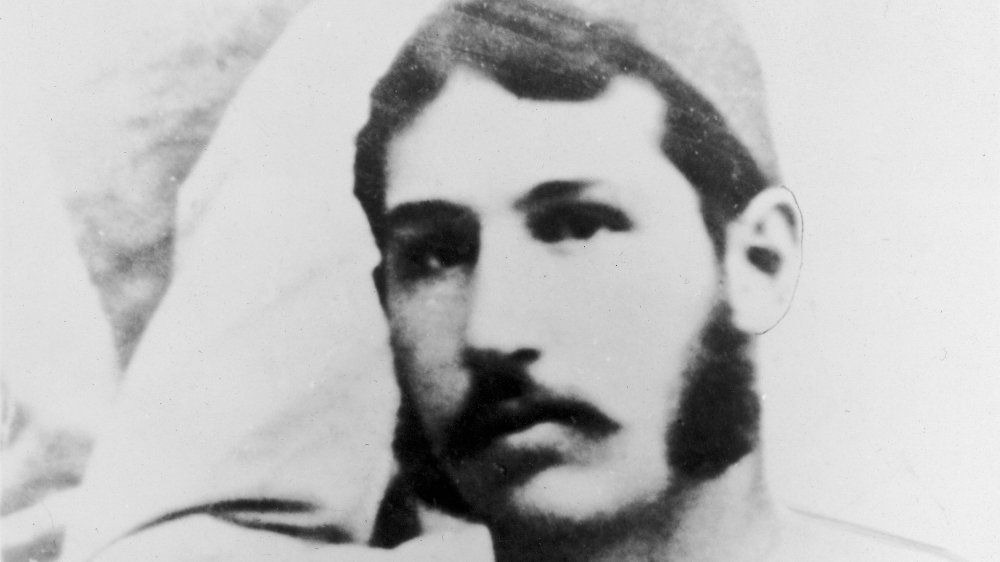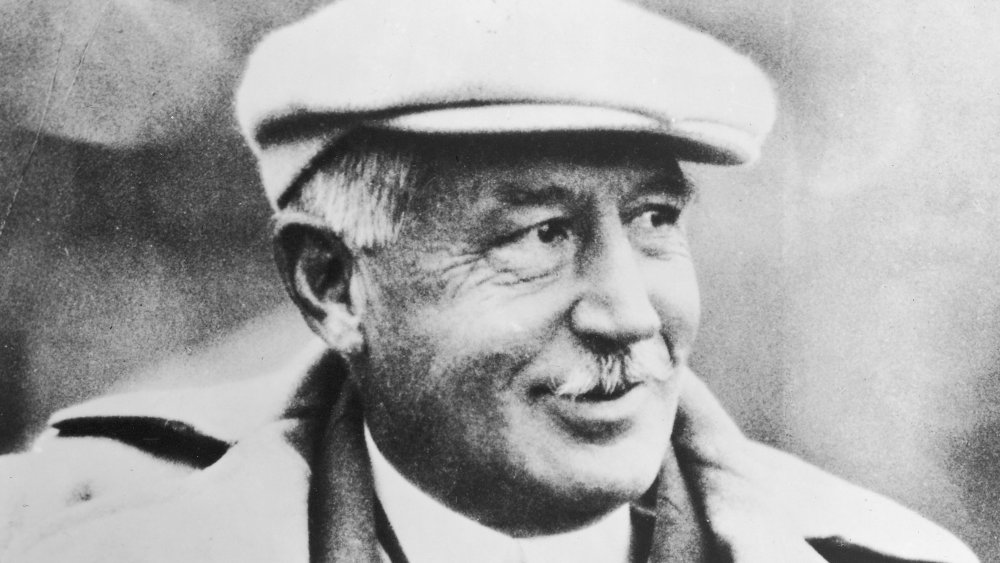Who Invented American Football?
Every February, what seems like the majority of the US households tune in to the Super Bowl. It's one of the most anticipated events of the year, even if some people watch it just for the half-time show performance. For many viewers, it really does seem that American football (to differentiate it from soccer, which the rest of the world calls football) is one of the most popular sports in the country.
American football, or gridiron football, has been around since the 19th century. Even though soccer fans make fun of American football, the two are actually closely tied. Football evolved from a hybrid of rugby and soccer that colleges in the 19th century were playing. This hybrid style of the sport was called the "Boston Game" because Harvard primarily played it, wrote History.
In these early matches, the rules mainly followed rugby, which involves players scoring goals by carrying a ball. No padding or other protective gear is worn. The game also involves a scrum, in which players pile on top of each other at the beginning of the game to get the ball. McGill University in Canada, Harvard, and Yale all played each other and eventually helped create the Intercollegiate Football Association (IFA). By 1880, the sport began to resemble the football we see today. And we can thank one man for that: the "Father of American Football," Walter Chauncey Camp.
Father of American Football
Camp, then a medical student at Yale, was instrumental in proposing rule changes to make the game more distinct from rugby. Camp was born in 1859 in New Britain, Connecticut. According to Connecticut History, he was a gifted athlete who excelled not just in football but also in swimming, track, tennis, baseball, and crew. Camp, however, liked football best, and played for six years at Yale. During his freshman year, Camp was captain of both the freshman football and baseball teams.
In 1880, the IFA accepted several rule changes proposed by Camp. He suggested that teams remove the scrum, and in its place add a line of scrimmage, where players are lined up. He also came up with the concept of downs, where teams have to give up the ball if they fail to advance yards, and for cutting down the number of players to 11 on the field. Camp is also credited with the creation of the quarterback and the scoring system.
Camp devoted himself to football; he coached Yale's football team from 1888 to 1892, reported Yale News. He never became a doctor; his medical studies were interrupted, first by typhoid fever, and then because he went to work for a watch manufacturing factory. At the time he coached Yale, he was an executive at the New Haven Clock Company, which he eventually ran himself. His Yale team won 67 games and only lost twice.
He promoted the sport every chance he got
Even as a successful businessman, Camp continued to promote the sport. He's instrumental in spreading its popularity from the dozens of articles and books he wrote for football's "long-term commercialization." Britannica credited Camp for writing the entries on the sport for the 10th and 11th edition of the encyclopedia. Every year, Camp chose an All-American team of outstanding players in the game.
He's not just known for changing football. Camp, who was an early advocate for exercise not only for his athletes, developed the "Dirty Dozen," a training regime used by the military during World War I.
Camp remained involved in the sport until his death in 1925. He'd been on the football association's rules committee, and was one of the first people to be inducted into the College Football Hall of Fame, so honored in 1951.
Camp died years before the NFL was created. He probably couldn't have imagined how big the sport would eventually become, though no doubt he'd be pleased. It's played not just in college, but also in high schools all over the country. Its annual professional championship match regularly shatters viewership records. If Camp could watch the Super Bowl now, he'd probably explode with joy over how popular his sport has become.


